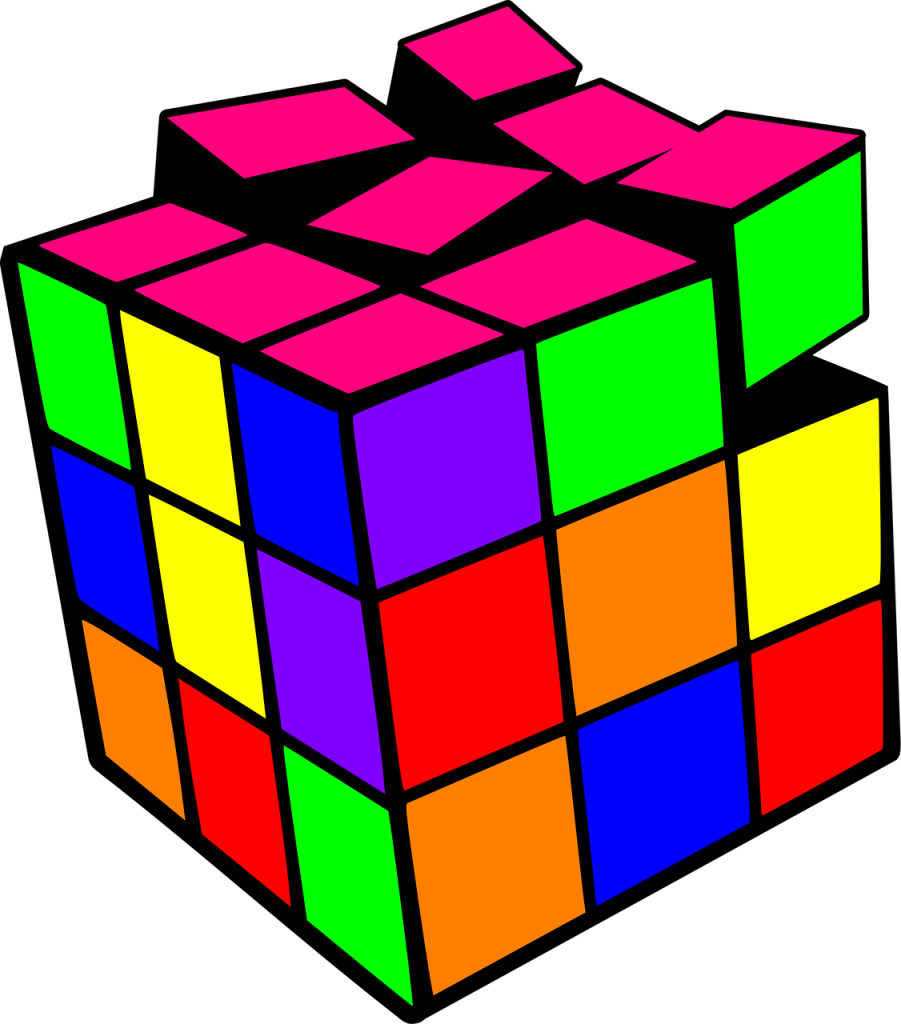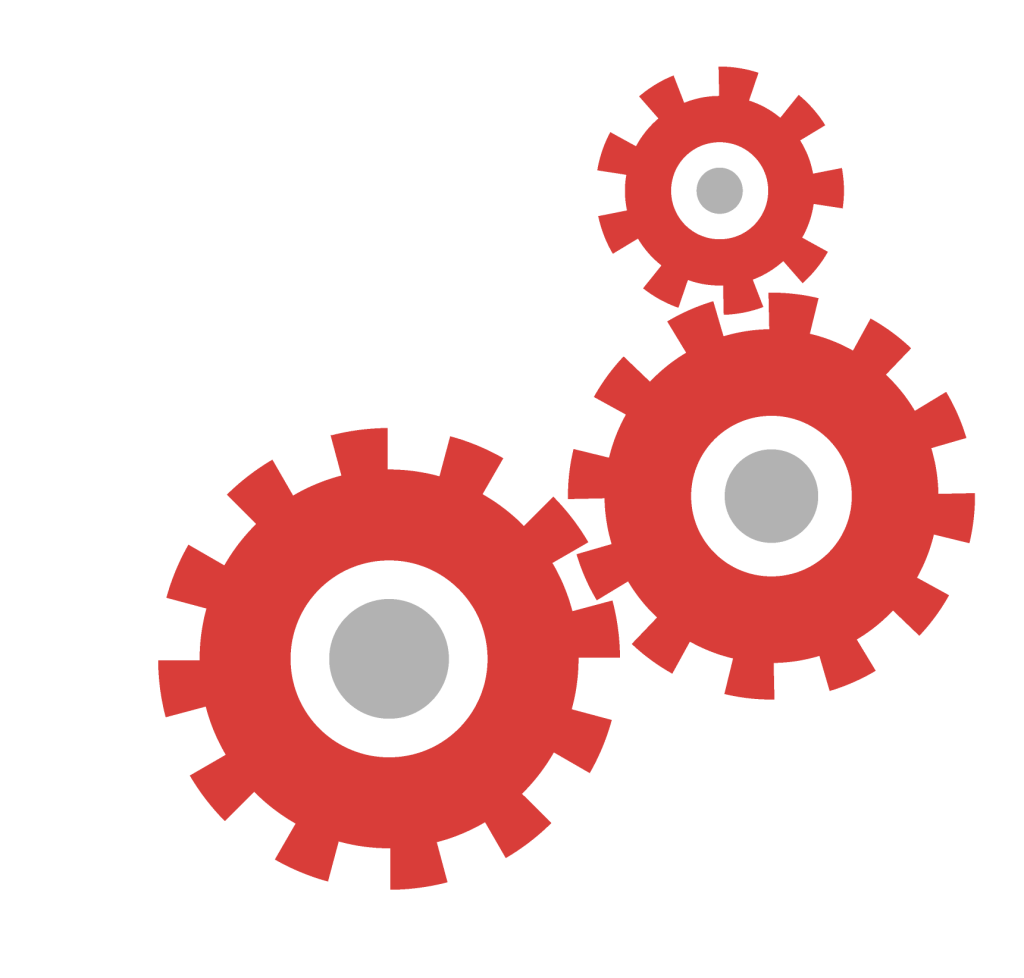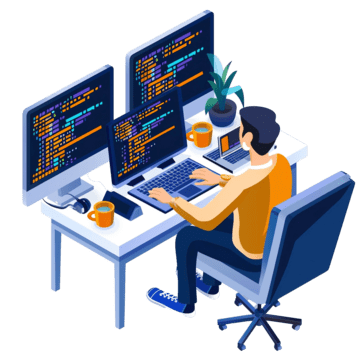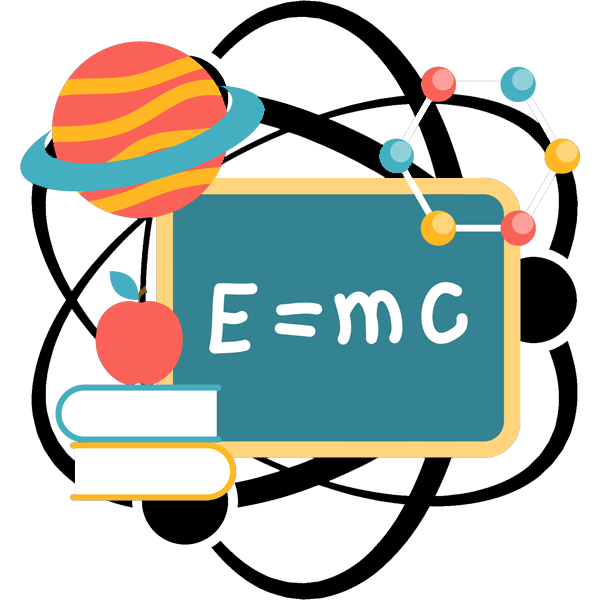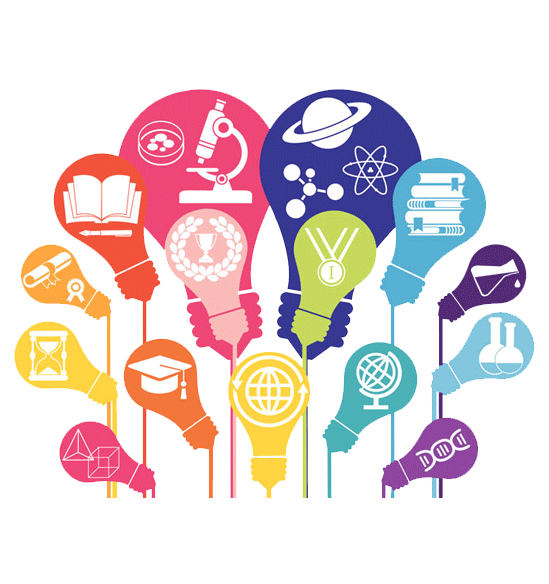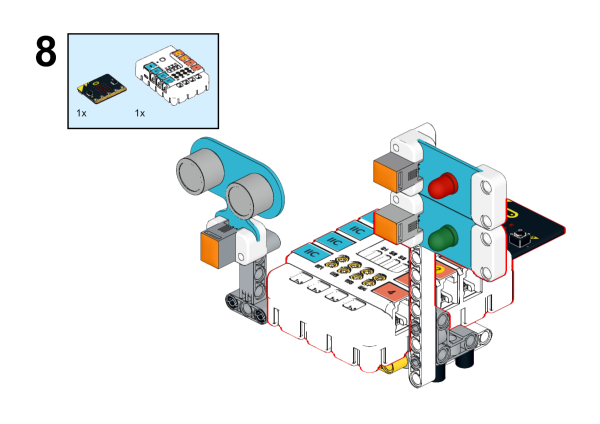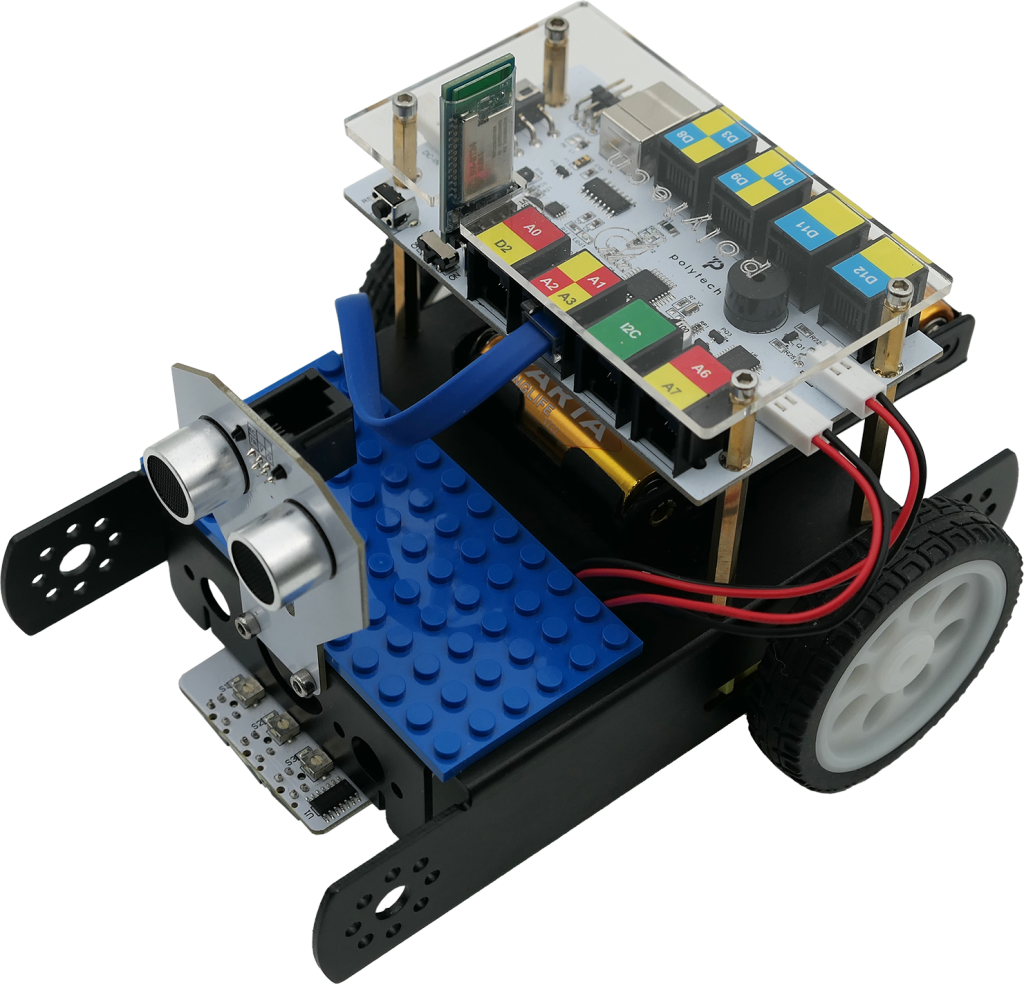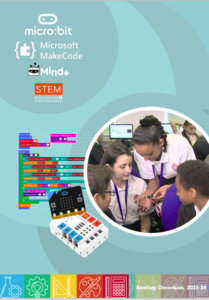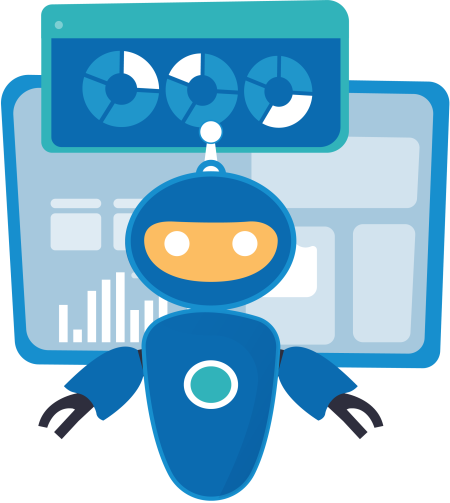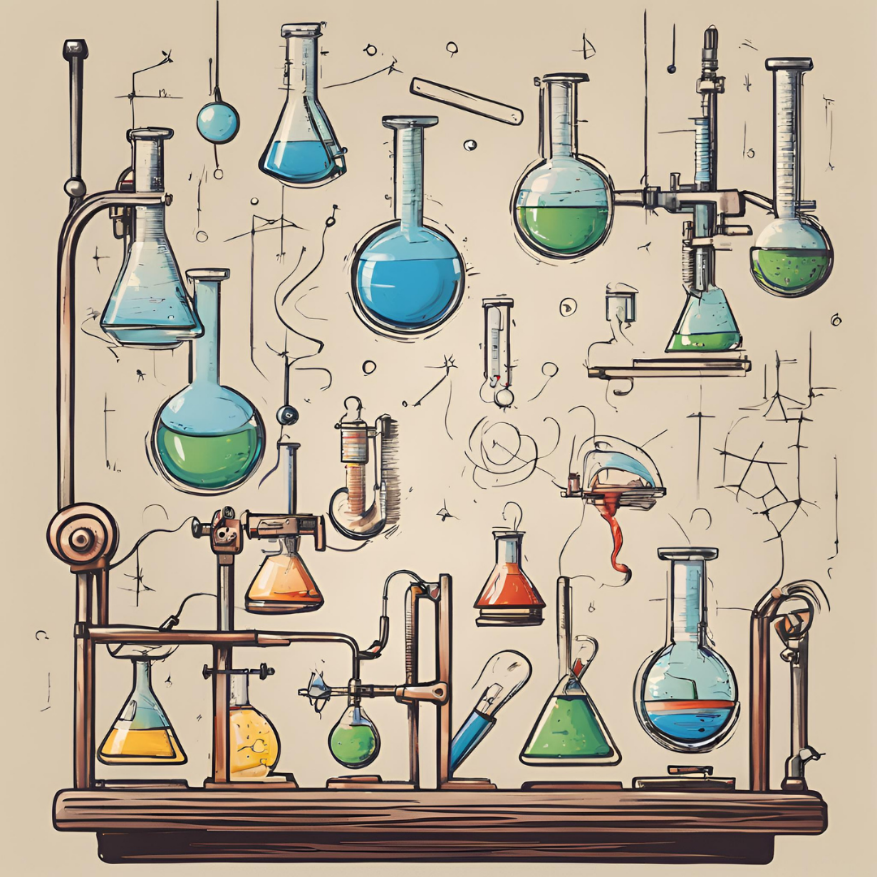
About Course
The “Big World for Little People” program consists of a series of hands-on experiments that introduce children to the exciting world of physics. Through play and experimentation, children explore basic concepts such as light, electricity, magnetism, simple machines and more.
Through hands-on activities, children become little researchers and are introduced to fundamental physics concepts such as:
The mystery of light: how does light bend? How do rainbows form? How does light break down? How does light break down?
The power of electricity: What is static electricity? How do batteries work? Children bring electricity to life by building simple circuits and setting objects in motion!
The magical world of magnetism: How do magnets interact? How do compasses work? Children become the wizards of magnetism, exploring the invisible forces that surround them.
Simple machines: How do levers, pulleys and wheels work? Children build their own toys and mechanisms, understanding the basic principles of mechanics.
The magic of pneumatic hydraulics: How does fluid pressure work? How can we transfer power with water? Children will experiment with syringes, tubes and water by building small hydraulic systems.
The “Big World for Little People” program is ideal for children in 1st, 2nd and 3rd grade and can be adapted to the needs and interests of each group, ensuring an exciting and meaningful educational experience.
Course Content
Engineering 1
-
Educational Objectives
-
Materials Needed
-
Teacher’s Guidelines
-
Lesson Presentation
04:08 -
Lesson Worksheet
Pneumatics 1
Pneumatics 2
Magnetism 1
Magnetism 2
Electricity 1
Electricity 2
Electricity 3
Electricity 4
Light 1
Light 2
Light 3
Student Ratings & Reviews



